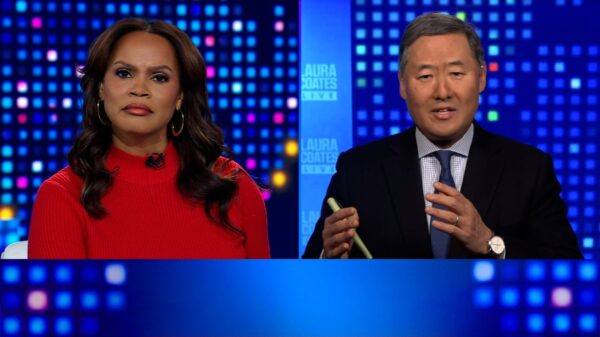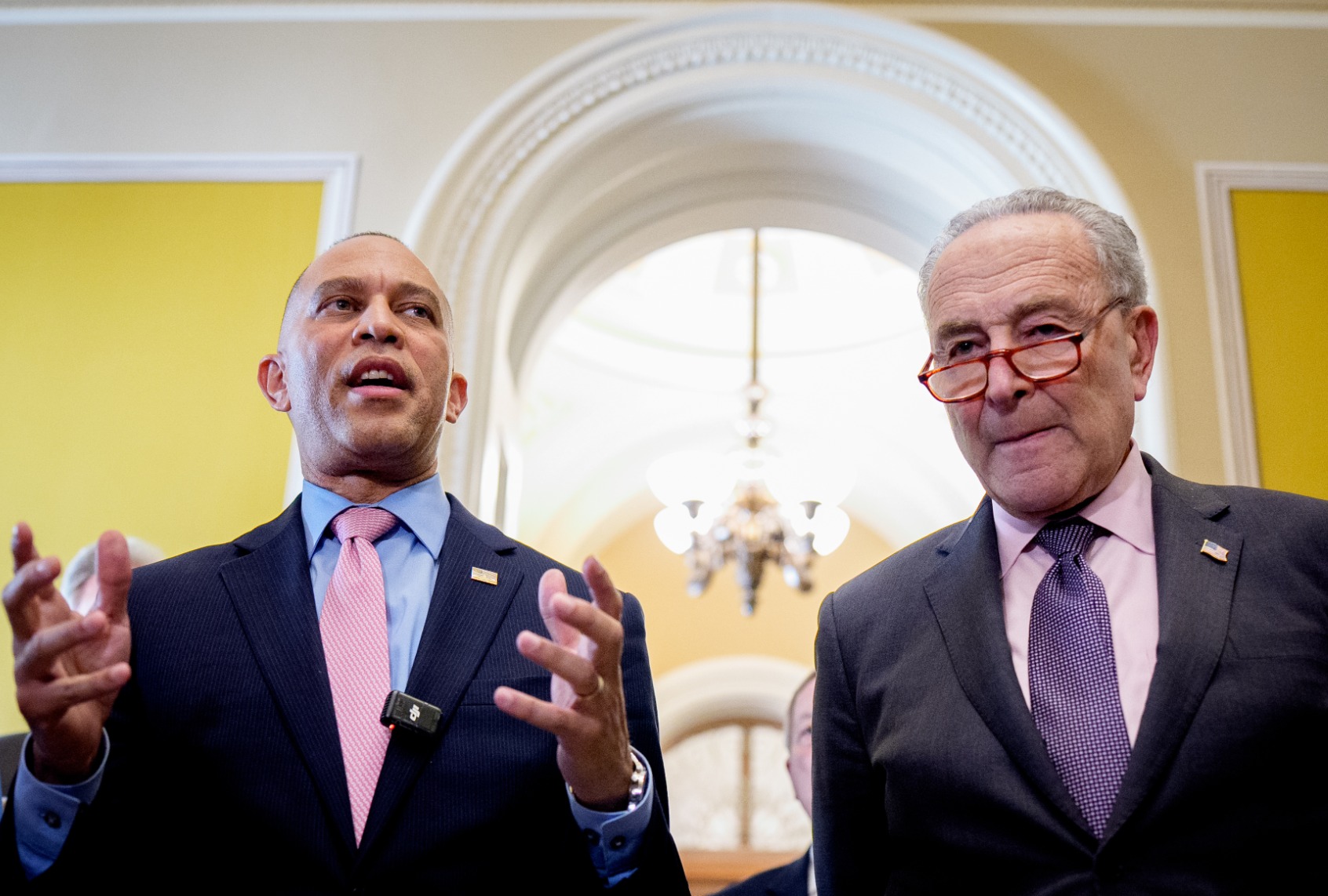As the threat of a government shutdown looms, Congressional Democrats are showing unexpected unity and resolve against Republican strategies. This shift comes as negotiations intensify over budgetary disputes, with President Joe Biden and party leaders aiming to avert a crisis that could affect millions of Americans.
In a notable turn of events, former President Donald Trump cancelled a planned meeting with Democratic leaders, citing unfounded demands he attributed to them. Instead, he expressed his grievances on Truth Social, claiming he would only engage if Democrats abandoned what he described as unreasonable requests. Reports suggest that GOP congressional leadership advised Trump against this meeting, reflecting a strategic decision to prevent him from complicating discussions.
Democrats Take a Stand
House Minority Leader Hakeem Jeffries and Senate Minority Leader Chuck Schumer emphasized their determination to prevent a government shutdown while addressing what they termed the “Republican healthcare crisis.” They declared, “Time is running out,” signaling urgency in the negotiations. This unity among Democrats stands in stark contrast to the divided Republican response, as party members grapple with conflicting strategies.
On one side, Senate Majority Leader John Thune advocates for a clear message that Democrats are obstructing a straightforward continuing resolution. Conversely, House Speaker Mike Johnson accuses Democrats of seeking to reverse laws to extend government benefits to undocumented immigrants. The discord within the GOP reflects a broader struggle to find a cohesive approach to the looming shutdown.
The ongoing stalemate highlights the partisan tensions that have come to define recent budget negotiations. Russell Vought, Director of the Office of Management and Budget, has stirred controversy by promoting the use of “pocket rescissions,” a method to unilaterally cut spending that has already been legislated. Vought’s remarks, made at a July breakfast event, suggest a preference for a more partisan approach to appropriations, stating, “The appropriations process has to be less bipartisan.”
Political Fallout and Public Impact
Vought’s comments resonate with the sentiments of anti-tax activist Grover Norquist, who suggested that Democrats should only regain acceptance once they adapt to their minority status. The implications of such rhetoric raise concerns, particularly as the administration threatens mass firings across federal agencies in the event of a shutdown. These firings, as reported on September 24, 2023, would not be temporary, potentially leading to a “permanently reduced” workforce.
Despite the fear generated by these threats, Democrats appear more resilient than in previous standoffs. During earlier shutdowns, such threats were effective, but the current administration’s ongoing layoffs have diminished their impact. In fact, reports indicate that hundreds of federal employees previously laid off are now being asked to return to work, illustrating the uncertainty and fallout from past decisions.
Democrats are now leveraging the healthcare cuts embedded in the One Big Beautiful Bill Act to pressure Republicans. With cuts to Medicaid and Affordable Care Act subsidies affecting millions, including many who typically support the GOP, Democrats recognize an opportunity to hold Republicans accountable as the midterm elections approach.
As the negotiations continue, both parties face immense pressure. Democrats are aware that complacency could lead to severe consequences for their constituents, especially as healthcare options dwindle in a challenging job market. Yet, they remain steadfast, reminding their base that they have a duty to fight against what they perceive as harmful policies.
While the outcome of this budget battle remains uncertain, one thing is clear: Democrats are not willing to back down easily. They are prepared to represent the interests of the 263 million Americans who did not vote for the current administration, ensuring that their voices are heard in the halls of power.






































































